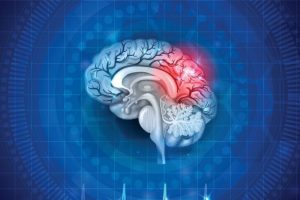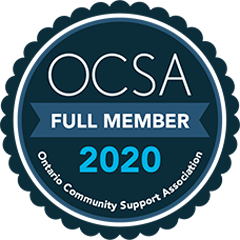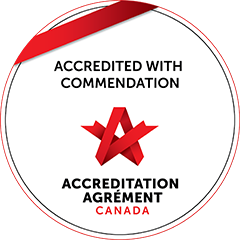Alcohol and Substance Use
Facts
Here are some important facts for you to know about the effect of alcohol and drugs (substances) on your brain
You will not recover as quickly or as much as people who do not use substances
- Following a brain injury brain cells are lost and the remaining cells have to work harder to do the same activities as before your injury
- If the remaining cells are compromised by substances they are not able to take over duties of the dead cells
- Skills that could be regained are lost to you
Problems with balance, walking or talking get worse
- Even without a brain injury, substances impair functioning in these areas
- If balance and walking are further impaired this will put you at greater risk of falling and additional injury
Problems with saying and doing things without thinking are made worse
- Disinhibition is a common problem as a result of brain injury and substance abuse
- Not being able to control what you say or do can lead to problems such as increased risk taking, arguments and other socially inappropriate behaviour
- It will be hard for you to use strategies to control your behaviour when under the influence of substances
Problems with thinking (e.g. concentration, problem solving, and memory) are made worse
- You may have to learn new skills, or relearn old ones, following a brain injury
- Substances interfere with the ability to think and learn new information
After your brain injury substances have a more powerful effect
- There are less brain cells after your brain injury, the substances you take go to fewer cells, thereby reducing your ability to function even more
- You become intoxicated more quickly and the effect is greater
- Substances also interfere with the effectiveness of prescribed medications
Substances worsen your feelings of being low or depressed
- Depression is common following a brain injury
- Alcohol is a depressant
- Your mood will be worsened and even harder to cope with
Substances can cause a seizure
- You have an increased risk of seizure following a brain injury and may be taking seizure medication
- Substances prevent medications from doing their job, increasing your risk of seizure even more
- Even if you are at low risk for seizure, substances will increase your risk of seizure
Substances put you at greater risk of having another brain injury
- If you have difficulty thinking clearly, walking smoothly or reacting quickly you are at greater risk for another injury
- Second injuries cause more harm than the initial injury
- The destruction of more brain cells after a 2nd injury will leave even fewer cells to do the same jobs, and even more abilities will be lost
Is Your Substance Use a Problem?
Being aware that you have a problem is an important first step
- Are you using substances to cope with being lonely, tired, bored and depressed?
- Are you using substances for pain and sleep problems?
- Have you always used substances, even before your injury?
- Do all your supports drink?
- Have you used substances every night this week?
Getting help is the next step
Here are some resources - 12 step groups - where you can get help.
Reducing the Risks of Alcohol Use
If you decide you want to use alcohol you may find the following suggestions useful in reducing the risks:
- Keep track of how much you drink. Know the quantity of alcohol in your drink.
- Stay alert to prevent accidents or falls. If you have had nothing to drink for a number of weeks, or your medications have changed, be particularly careful: you may become impaired by a much smaller amount of alcohol than before.
- Don't use alcohol on a daily basis. Drinking daily gradually builds up your body's resistance to alcohol, which can lead to heavier use.
- As an alternative to alcoholic drinks, try alcohol-free or low-alcohol beer or wine.
- Remember to eat when you are drinking.
- Don't use alcohol as a medication for pain or sleep disturbance.
- Don't use it to cope with problems or worries. Talk to your doctor or a counsellor for help with these concerns.
Articles For Families
Alcohol & Substance Abuse
Information about the effects of alcohol and drug use on the brain and getting help and support.
Concussion
Describes common concussion symptoms, problems and how to get better.
Keep your Brain Healthy
It's all about preventing an injury, living a healthy life and finding ways to take care of your body, mind and spirit.
Sexual Health & Intimacy
Common questions from survivors and/or partners and families regarding sexual health & intimacy.
Strategies to Assist Learning
This article provides strategies, ideas, and tips that may help you continue to learn.
When Can I Drive Again
Describes what has to be considered to determine readiness to drive after a brain injury.
GETTING BACK TO WORK
Describes what has to be considered to determine readiness to return to work after a brain injury.
Brochure a l'intention des personnes atteinte
Les préoccupations de la Société de l'assurance automobile du Québec en matière de réadaptation existent depuis sa création en 1978. Consciente des difficultés que provoquent certains traumatismes graves sur le plan humain, la Société publie la présente brochure afin de venir en aide aux personnes qui sont aux prises avec les problèmes qu'entraîne un traumatisme cranio-cérébral.





